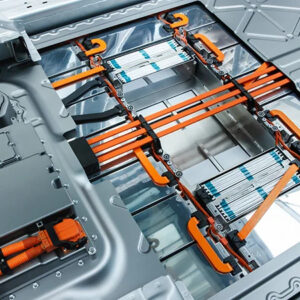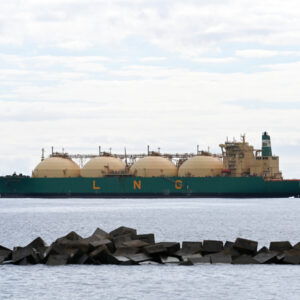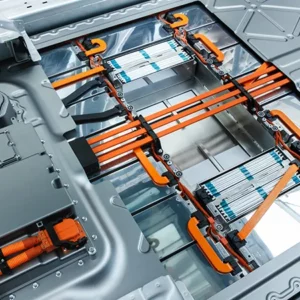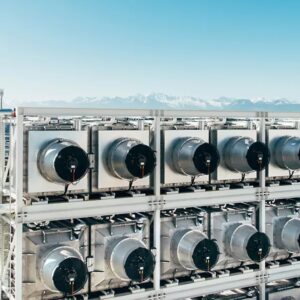You may have heard the cliché to say that “fusion is always 10 years away.” I’ve been hearing that since the beginning of my career. It was ten years away in the late 90s, and it was still ten years away just a few years ago. It’s the unattainable goalpost just over the horizon.
US Department of Energy Selects 11 Projects to Advance Domestic Manufacturing of Next-Generation Batteries
The U.S. Department of Energy (DOE) today announced an investment of $25 million across 11 projects to advance materials, processes, machines, and equipment for domestic manufacturing of next–generation batteries. These projects will advance platform technologies upon which battery manufacturing capabilities can be built, enabling flexible, scalable, and highly controllable battery manufacturing processes. Batteries are...
A Tale of two Studies: DOE Study Rehashes Debunked Claims While New Analysis Highlights Critical Impacts of U.S. LNG
The U.S. Department of Energy released its long-awaited study on LNG exports Tuesday, and while the administration didn’t officially call for a ban on LNG exports – they might as well have. In a politically charged statement, U.S. Energy Secretary Jennifer Granholm said “that a business-as-usual approach is neither sustainable nor advisable,” echoing similar claims to those made...
Water-Smart Crops Could Transform Western Agriculture
Colorado River water conservation and drought-resistant agriculture are at the forefront of a groundbreaking study that could reshape farming across the Western United States. Led by Colorado State University researchers, the study examines three innovative alternatives to alfalfa: Kernza, sainfoin, and silflower. These crops have the potential to dramatically reduce water usage while supporting sustainable...
Battery Material Characterization Advancements Boost Renewable Energy Innovation
Climate change is a top priority on the global agenda and is impacting the way all industries operate and are regulated or governed. The 2016 Paris Agreement set out to limit temperature increases to “1.5 °C above pre-industrial levels”, with an end goal of restricting the increase in the global average temperature to “well below...
Reactor developed at Rice could make direct air capture more energy efficient
Rice University researchers have developed an electrochemical reactor that has the potential to drastically reduce energy consumption for direct air capture, the removal of carbon dioxide directly from the atmosphere. The new reactor design could be a part of the solution to the pressing problem of emission impacts on the climate and biosphere by enabling...





